As the price of energy remains sky-high, more homeowners than ever before are turning to Solar Panels.
Solar pv panels can generate surprisingly large amounts of renewable energy, providing homeowners with energy bill savings of up to 90% (in near-perfect circumstances). Solar Panels are installed on the roof of your property or building, and will convert the sun's energy into electricity using a control device.
With more people turning to solar energy than ever before, our energy-efficiency experts have set up this handy FAQ to answer some of the most popular solar panel questions.
What types of Solar Panels are available?
There are many types of Solar Panels in today's market. However, we will highlight the three most common types: monocrystalline solar panels, polycrystalline solar panels and thin film solar panels.
Polycrystalline solar panels
Polycrystalline solar panels contain several crystal silicones in a single PV cell that tend to have a lower heat tolerance. These Solar Panels are more affordable than Monocrystalline solar panels; however, they are less efficient in comparison and require more roof space.
Monocrystalline solar panels
Monocrystalline solar panels contain monocrystalline solar cells, which are best in areas where space is limited because they produce more electricity on a smaller scale than polycrystalline panels. They can maximise the amount of energy in areas of lower sunlight - such as areas with frequent cloud, shade, or sun blockages such as trees or tall buildings.
Thin film solar panels
Thin film solar panels are slightly less efficient than Polycrystalline and Monocrystalline Solar Panels; however the manufacturers use thin layers of photovoltaic material, which is put into a substrate, such as metal, plastic or glass. They are great for installation on buses or boats as they are lightweight and provide easy and inexpensive installation. They are a great way to lower your carbon footprint without being heavy, cumbersome, or immobile.
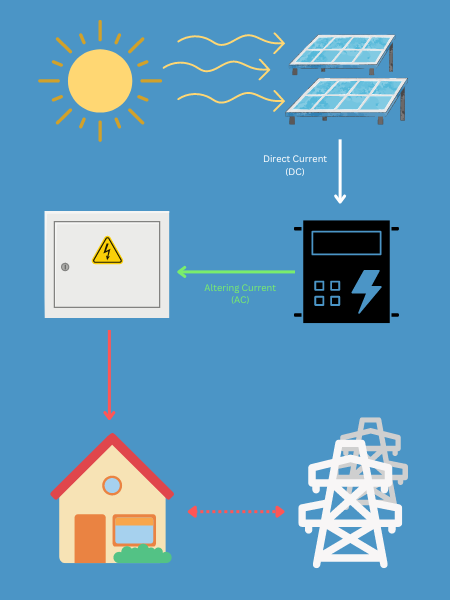
How Solar Panels work: Step by Step
Once your Solar Panels are installed onto the roof of your home or office building, the solar panels will immediately start generating usable electricity from sunlight.
- Sunlight will first hit the Solar Panels, generating a direct current (DC).
- The direct electrical current will flow to a solar inverter, changing it to an Alternating Current (AC), the most common form of electricity.
- Next, the Alternating Current flows from the inverter to the breaker box, which directs the current to any appliance used in the house or office building.
- Lastly, any unused electricity will flow through a utility meter on the grid. It will draw additional power back off the grid if you need more electricity throughout the day.
Do Solar Panels Work In The Winter?
Solar Panels will work in the winter even if the temperature is below freezing. Solar panels will still absorb energy from the sun's abundant light, not the sun's heat. On average, you still generate approximately one hour of power output in the colder months.
What Solar Panels are best for my home?
Monocrystalline Solar Panels are the most common Solar Panels for any typical residential home because of their power capabilities, as they can provide up to 20% more energy efficiency than most Solar Panels on the market, saving you more on your energy bills.
Can Solar Panels Power my whole home?
Simple answer; yes, Solar Panels can provide power to your whole home, but it can all depend on the size of the property and the area you live in because you may need to install a larger Solar Panel to be able to generate enough power to meet your energy demands.
How much money can solar panels save me?
Solar panels are considered a worthwhile investment for many homeowners in the UK, however there are a few crucial elements to discover that can affect your monthly savings such as:
- The size of the solar panel system you want to install
- The efficiency of your solar system
- The amount of light your property gets
- Your daily energy usage

A typical three bedroom property can save approximately £600 per year, using a 3.5kw solar panel system, whereas a 5kw solar panel system can save an average of up to £1000 per year.
A 10kw solar system can typically save up to £2000 per year but these systems are mainly recommended for big office buildings that need a higher power demand.
Why Solar Panels are good for the environment
Solar energy provides a clean yet efficient source of power that plays a vital role in reducing greenhouse gas emissions which is critical for protecting communities, ecosystems, and wildlife.
Alongside reducing greenhouse gasses and air pollution, solar panels help us reduce our reliance on limited, polluting resources such as coal, oil, and gas.
Can solar panels charge an electric car?
With electric vehicles becoming increasingly popular, you might be wondering: can Solar Panels charge a car? Thankfully the answer is yes; Solar Panels can be used to charge an electric car. you will need to set up a domestic Solar Photovoltaic System and a solar charger for the car battery.
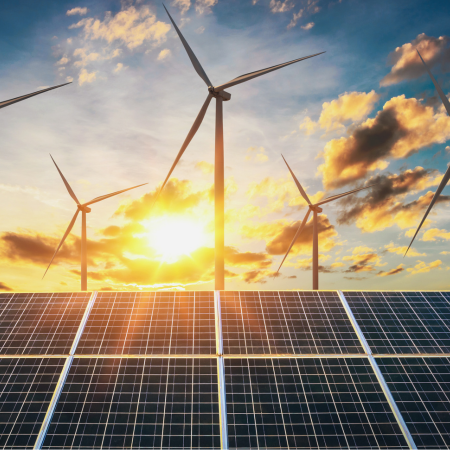
Can I get paid for electricity from Solar Panels?
You can sell any additional electricity your solar system generates back to the grid, and you can do this in a few ways.
- Feed-in tariff (FiT): Feed-in Tariff is a government scheme that pays you for the electricity you generate from your solar panels. The amount you can get paid is based on the size of your solar system and how much electricity is generated.
- Export tariff: Some energy suppliers can offer an export tariff, which will pay you for the electricity you export back to the grid; however, the amount paid is typically lower than the FiT rate.
- Net metering: With Net Metering, you can offset the cost of your electricity bill with the electricity you generate from your solar panels. It's a brilliant choice because if you generate more electricity than you use, the excess electricity can be credited to your account and used for future electricity bills.
Where can I buy Solar Panels?
City Plumbing is a market leader for providing homeowners and their installers with market-leading solar panel equipment. View our great range of competitively priced Solar Panels with quick delivery or collection from your local branch.
What's more, if you're signed up to My City Plumbing Rewards, we're currently offering double points on all solar products - so if you're not already signed up, what are you waiting for?
If you require further information, contact one of our experts, who can support homeowners and installers alike in make sustainable changes to homes nationwide.
Other articles
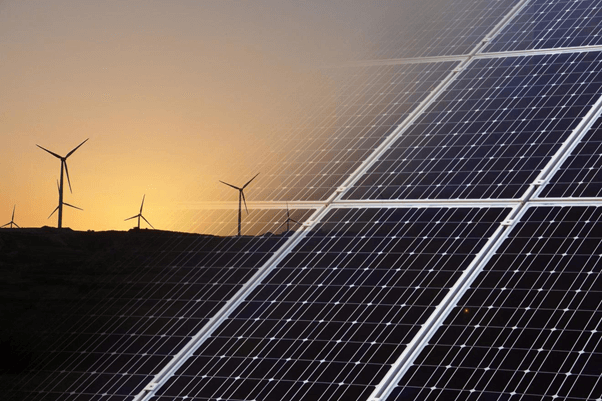
The Many Benefits of 'Green Plumbing'
22 Aug 2022 ・ 7 mins
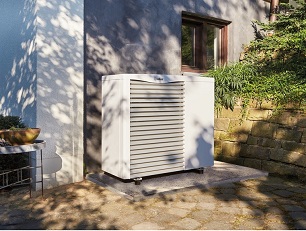
Everything you need to know about the Green Homes Grant
04 Mar 2022 ・ 8 mins
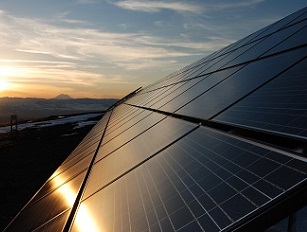
How to become a renewable energy engineer
03 Mar 2022 ・ 7 mins



